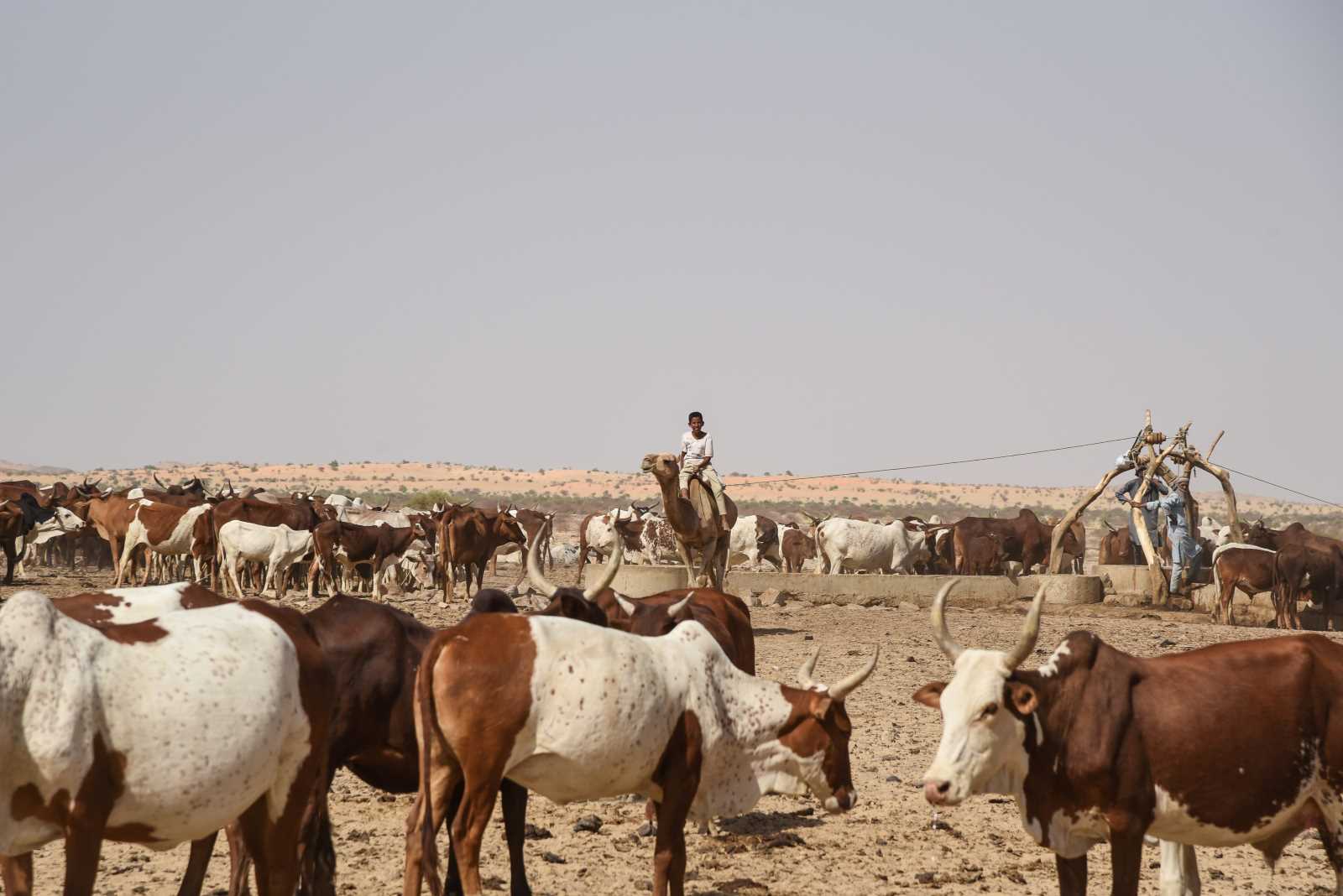How Kabila wants to stay in power without running for office
A destructive trend in recent years is that African leaders – including Pierre Nkurunziza in Burundi, Paul Kagame in Rwanda and Yoweri Museveni of Uganda – have become prone to changing constitutional rules in order to stay in power. Scrapping term limits has become depressingly normal. It is therefore welcome that Kabila has not done so. Political pressure against such a step had been building up in the DRC.
The problem is that Kabila is quite obviously preparing to stay in power nonetheless. There are several indicators. First of all, the candidate who will run for Kabila’s political camp is a close ally who does not have a power base of his own. Emmanuel Ramazani Shardary is a former interior minister and has a reputation for brutal oppression. The EU sanctioned him last year. It is quite clear that Kabila hopes this man will be his puppet.
Just as worrisome, Kabila only recently reshuffled the military leadership. Hardliners who belong to his camp are firmly in command. There is reason to doubt they would accept their political camp’s electoral defeat by the opposition.
Kabila’s final term as head of state would normally have been over two years ago. His regime postponed elections and thus stayed in power by undemocratic means. Elections are now scheduled for 23 December, but it certainly does not look as though Kabila’s team was preparing them properly. It has made sure that Moise Katumbi, an opposition leader with considerable backing, will not be on the ballot. Moreover, it insists that the DRC will run the elections without any foreign aid, which basically means the government does not want any international surveillance.
The DRC is a huge country with vast natural resources, but very poor infrastructure. It has a troubled history of civil strife, and experts reckon that 120 to 170 different militias are active. Kabila himself became president after his father, whose militia had prevailed in civil war, was murdered in 2001. Kabila junior was later confirmed in office in elections in 2006 and 2011. Hopes that he would manage to reconcile a torn and highly diverse country by building trustworthy institutions have been disappointed. The longer he stayed in power, the more obvious it became that he never shed the warlord mentality.
It does not inspire hope, moreover, that Jean-Pierre Bemba is currently considered to be the strongest opposition candidate. He too is a former warlord and served as vice president from 2001 to 2006. Kabila beat him in the 2006 elections. Subsequently, the International Criminal Court (ICC) tried Bemba and found him guilty of war crimes. The reason was that his troops perpetrated violence in the Central African Republic. Bemba was sentenced to 18 years in prison.
However, Bemba appealed against that judgement, and the ICC recently ruled in his favour. The judges accepted his argument that he had not been in control of the troops and had not passed explicit orders. He was released from prison and managed to return to the DRC from The Hague just in time to register as candidate for the December elections.
The ICC decision to set Bemba free is legally valid. The reasoning makes sense in juridical terms. No one should be held accountable for things they were not evidently in control of. The reversal of the ICC’s original judgement is troublesome nonetheless. If commanders are not held responsible for atrocities committed by their underlings, the orchestration of violence will mostly go unpunished. All commanders must do, is to keep things informal in ways to ensure that there is no bureaucratic proof of their role.
In any case, Bemba does not look like the right person to build peace and trust in the DRC. Whether Bemba will actually be on the ballot, by the way, remains an open question. Legal cases in the DRC might yet be used to bar him.
At this stage, it looks as though Kabila’s puppet is set to predominate in manipulated polls in December – that is, if the elections take place at all. Kabila may well provoke another civil war to stay in office himself. That at least is what Dominic Johnson and Simone Schlindwein wrote in the taz, Germany’s centre-left daily newspaper, which is known for its excellent Africa coverage.
An escalation of violence in the DRC would serve Kabila’s interests – as well as those of various militias. The impacts on neighbouring countries would be considerable. The international community should get involved. Donor governments – including China – should do their best to contain the problems, and so should the African Union. The depressing truth, however, is that most international partners tend to look away.












